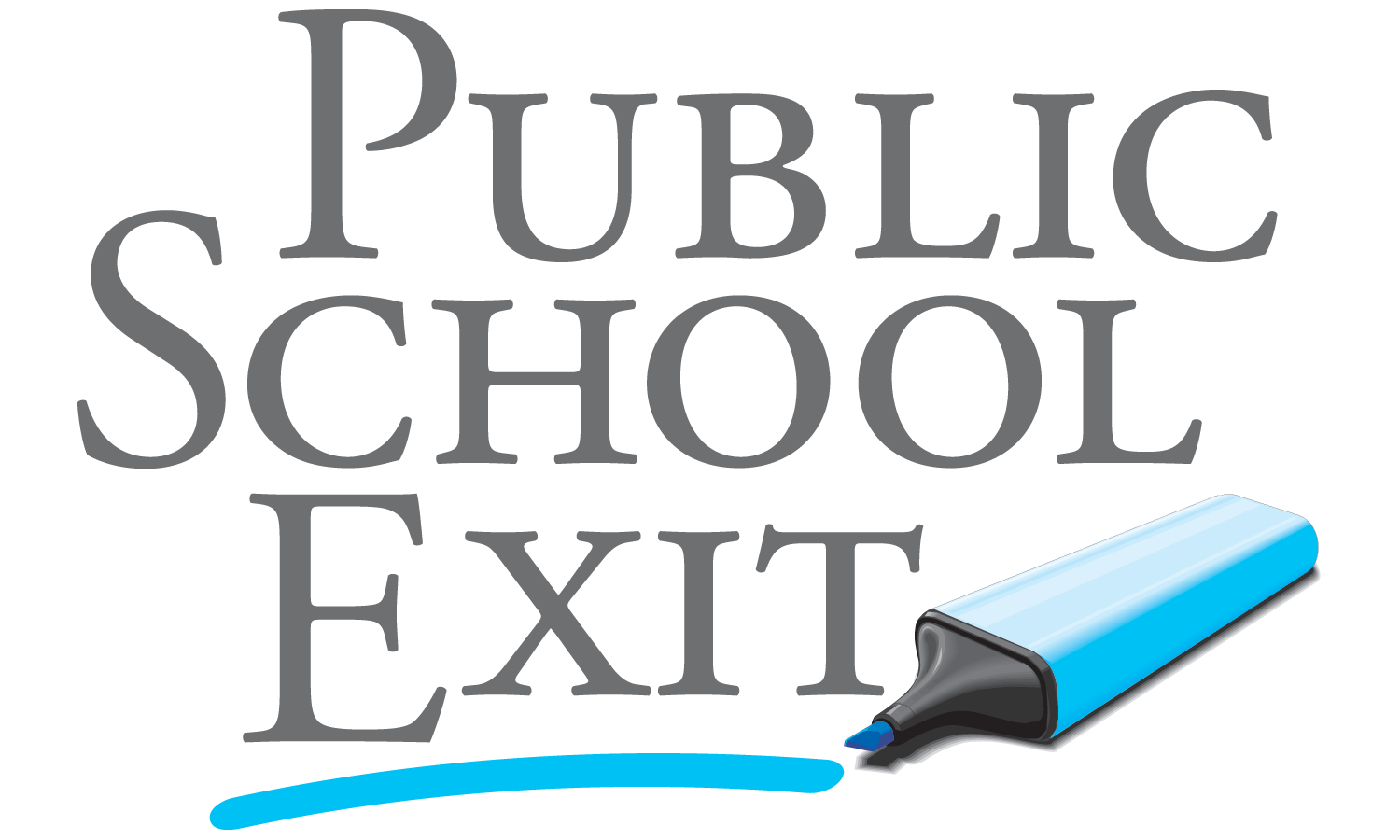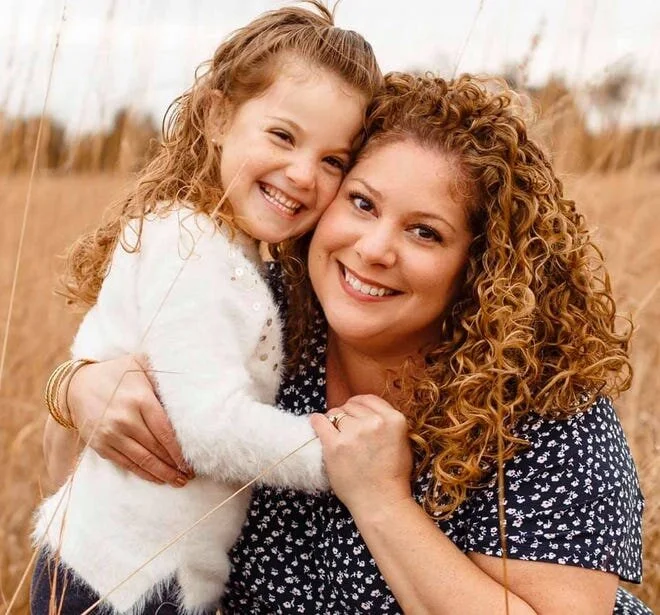Homeschool pods are gaining traction
Homeschool pods are gaining traction amid worries about school reopening; here’s how parents are getting the finances to work
Aimee Picchi Special to USA TODAY
July 29, 2020
Katrina Mulligan says her decision to organize a homeschooling “pod” – a modern version of a one-room schoolhouse, with a small group of parents splitting the cost of hiring teachers – wasn’t done lightly.
As the coronavirus pandemic continues to spread across the nation, she’s grown increasingly wary about her public school’s plan for getting kids back in the building.
“I don't think it’s a great idea to send your kids to school in the middle of the pandemic,” says Mulligan, 40. “A lot of us started freaking out.”
At the same time, she adds, she and her husband found it difficult this spring to juggle working from home while managing their 6-year-old daughter’s virtual schooling. That experience, plus concerns about school safety, prompted her family to connect with four other families in their hometown of Alexandria, Virginia, to create a homeschooling “pod.” Mulligan plans on hiring a teacher to instruct the group’s first grade children on a part-time basis, which she estimates will cost $2,500 a month, or $500 per family.
Mulligan isn’t alone. Several families across the U.S. told USA TODAY they’re scrambling to create similar pods. Among the hurdles are logistics, such as finding families with children of the same age as their own, and finances. By pooling resources, the families expect to pay several hundred dollars a month to hire teachers, tutors and pay for resources like online classes through programs such as Outschool.
Outschool, which was founded in 2015 and offers classes ranging from multiplication to ukulele boot camp, has seen a 30-fold increase in enrollment since the pandemic started, says co-founder Amir Nathoo. He adds that he expects to see that continue.
“We are preparing for another jump because it seems like schools aren't going to reopen in any way that looks normal,” he says. “In states where they are moving more aggressively to open schools, we're seeing increased demand, not decreased.”
At the heart of the issue is parents’ desire to create a stable structure for their kids, with parents worried a second wave could create more school shutdowns – creating stress for them. Pods also allow their children to socialize consistently with a small group of peers. And it provides parents with more stability for their work schedules, they added.
Shauna Hill, 42, a single parent of twin 7-year-olds is in discussions with other parents about setting up a pod. “It really is to build a little village.”
Hill, a mental health executive in Burlington, Vermont, says she never would have considered a homeschooling pod before the pandemic, noting that she’s a believer in public school education. But, she says, as a single parent, “I need something that is economically sustainable for future closures if we have to go back on lockdown.”
To be sure, the parents who spoke with USA TODAY acknowledged that the costs of organizing a pod, such as fees for hiring teachers, likely exclude many low-income families.
Each expressed apprehension about the pandemic’s impact on education, specifically for lower-income children. That’s a very real issue, with Harvard University’s Opportunity Insights tracker finding that students in low-income schools decreased their online math coursework by 36% from January through early May, while those from middle-income schools were little changed.
“There will be a lot of parents who can't financially make this work, or can't secure a teacher,” Mulligan says, adding that her group is interested including a family or two in their pod who might not be able to otherwise pay for such a system.
Parents should check with the Homeschool Legal Defense Association to see their state's legal requirements for creating a homeschool-type of structure, recommends National Home School Association's executive director J. Allen Weston.
Here’s the advice that these parents have for others interested in creating homeschooling “pods.
Determine how much homeschooling you’ll handle
Parents noted that some of their plans involve a portion of traditional homeschooling, or when parents instruct their own children, which can help lower costs. By banding together with several families, kids can rotate between houses, giving them a change of scenery and splitting the child care duties among families.
Juliet Travis of Hillsboro, Oregon, says that her pod, which includes her seventh grade son and two of his friends, will include one parent tutoring her son, for example. They also plan to hire a teacher to tutor the boys in English and Social Studies and supplement learning with online classes. She estimates her costs will range from $3,000 to $5,000 for the year.
“We are going to rotate classes here and there,” she says. “No one has the burden of having the kids all the time.”
Rely on local resources like colleges
Marina Jurica, 43, of Altadena, California, and her husband are planning on tapping students and grads of nearby California Institute of Technology to tutor her son if she and two other families decide to move forward with a homeschooling pod. She adds that she’s currently evaluating her son’s school plans for fall instruction before deciding on a plan.
“We are a huge math and science family,” says Jurica, who works for NASA’s Jet Propulsion Laboratory and expressed her family’s interest in hiring a STEM-focused teacher. “The three of us decided if we could spend one week at one person's house, one week at our house, one week at another house, and then hiring a tutor that can come in.”
Be flexible and relax
That’s the advice from veteran homeschooling parent Nicole Olson, a teacher from Medway, Massachusetts, who has four kids and switched to homeschooling when her oldest child, now 17, was old enough to enter school.
She said she initially stressed out that her kids would fall behind. But she said she soon viewed education differently, prioritizing getting her kids engaged and immersed. (She added that homeschooling, where the parents teach their own kids, is less expensive than a homeschool pod, estimating she spends about $300 to $1,500 a year on education.)
“Try it out, experiment, and even if your child learns absolutely nothing – which I guarantee won't happen – give yourself permission to get as creative and out-of-the-box as possible,” she says. “This is your chance to reimagine your child's education and your child's life.”



